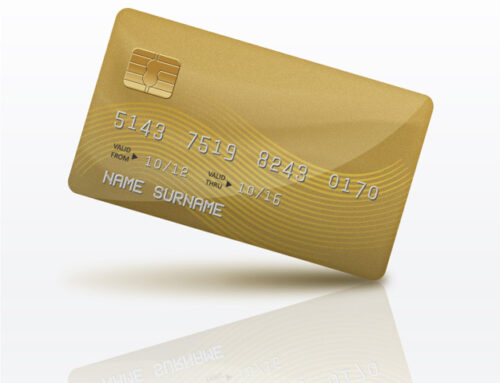Factors Are What Actually Matters When It Comes to Your Credit
Your credit score is basically just a three-digit number that measures how likely you are to repay your debt. Credit scores range from 300 to 850 and are based on information the three major credit bureaus — Equifax, Experian and TransUnion — have on file for you.
FICO, the data analytics company that calculates most credit scores, has always been hush-hush about the exact formula it uses. But it does tell us that the following five credit factors determine your score:
- Payment history for loans and lines of credit: 35%
- Credit utilization (i.e., how much of your total available credit you’re using): 30%
- Length of credit history: 15%
- Credit mix: 10%
- New credit and hard inquiries: 10%
Score, a newer credit scoring system, considers similar factors in calculating your score but weights them differently.
Here are some things that do not factor into your credit score:
- Payments for expenses like rent, utilities or phone bills. However, missing payments could kill your credit if you wind up with an account in collections or a civil judgement against you.
- How much money you have. But you are more likely to get approved for a loan if you have more cash on hand, because you will be able to make a bigger down payment.
- Your age, although because the length of your credit history affects your score, you may find that your score increases as you get older.
- Your income isn’t used to determine your credit score, though being able to prove steady income can help you obtain credit.
- Checking your own credit. When you check your credit report, it counts as a “soft” inquiry, which doesn’t affect your credit score.
https://www.thepennyhoarder.com/credit-scores/credit-factors/?aff_id=4&aff_sub2=money-management-in-10-steps&aff_unique3=23844103082240025&utm_source=facebook&utm_medium=social-paid






Leave A Comment
You must be logged in to post a comment.